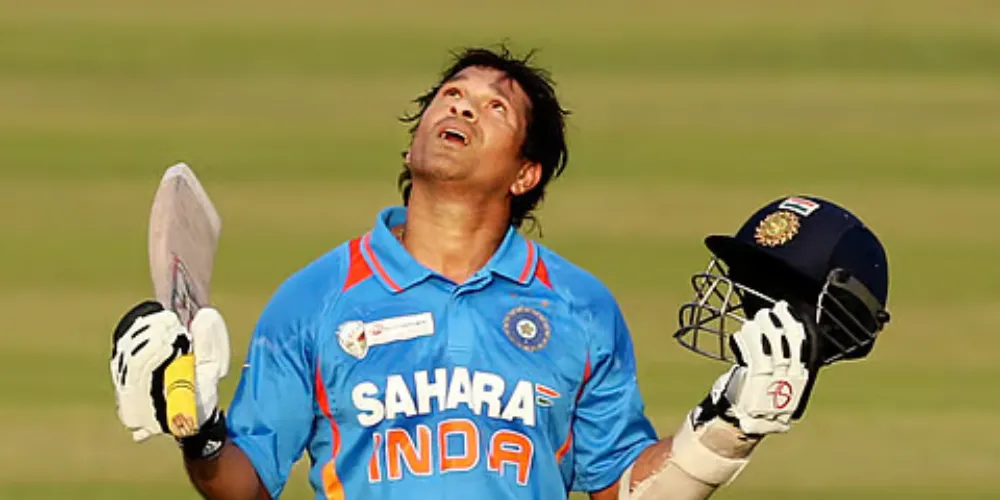The debate over gender-specific tournaments in chess has resurfaced, with FIDE CEO strongly opposing the idea of removing women-only events. Addressing concerns that female players should only compete in open tournaments, the FIDE executive stated that such a move would deprive many women of opportunities under the false assumption that they can progress equally in open competitions.
The Importance of Women-Only Events in Chess
Women’s chess tournaments have been a crucial platform for the growth of female players in a historically male-dominated sport. While open tournaments are accessible to all, statistics show that female representation remains significantly lower in top-tier chess events. By providing exclusive spaces for women, FIDE aims to create an environment where female players can compete, develop their skills, and gain the confidence needed to transition into open competitions.
The FIDE CEO emphasized that removing women’s events would not necessarily lead to equal participation but could instead widen the existing gap. He argued that these tournaments serve as an essential bridge, allowing more women to enter competitive chess without immediately facing the challenges that come with the predominantly male open circuit.
Addressing the False Narrative of Equal Growth in Open Tournaments
Critics of women-only events argue that chess, being a mind sport, should not have gender-specific categories and that women should compete in open tournaments to truly measure their strength. However, the FIDE CEO pointed out that structural barriers, historical biases, and unequal representation have made it difficult for women to progress at the same rate as men in open competitions.
The reality is that the open circuit has long been dominated by male players, making it harder for women to reach top positions. While some exceptional female players have succeeded, such as Judit Polgár and Hou Yifan, the overall participation rates suggest that a completely open format may not be the best solution for fostering inclusivity and long-term growth.

Striking a Balance Between Inclusivity and Competitive Growth
FIDE has taken several steps to promote women’s chess, including increasing prize funds, organizing dedicated events, and encouraging greater participation in coaching and leadership roles. The organization believes that rather than eliminating women-only tournaments, the focus should be on creating more opportunities across all levels to ensure female players are well-represented.
The FIDE CEO also acknowledged that while women’s chess is growing, progress takes time. He reinforced the idea that women-only events are not meant to isolate female players but to empower them with better opportunities. Once a strong foundation is built, more women will naturally transition into open competitions and challenge the best in the world.
Conclusion
The debate over gender-based chess tournaments is complex, but the FIDE CEO’s stance is clear: women-only events play a crucial role in bridging the participation gap and ensuring a more inclusive future for the sport. Removing these competitions prematurely could deprive many talented female players of opportunities they need to develop and compete at higher levels. Instead, a more balanced approach—one that nurtures women’s chess while also encouraging participation in open events—could be the key to true equality in the game.



